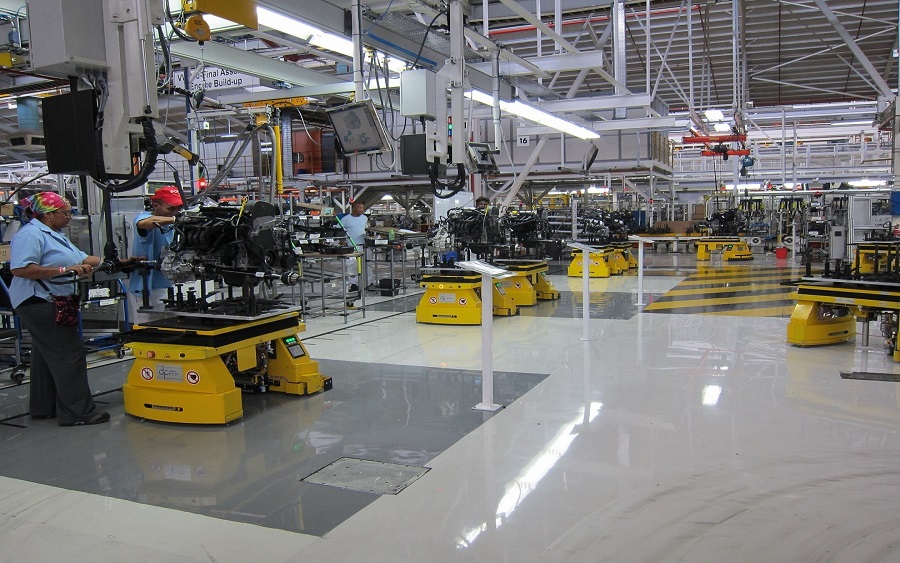The Manufacturers Association of Nigeria (MAN) has lamented over the low rate that local raw materials are utilized in the manufacturing sector. The body attributed the development to the policy adopted by the Central Bank of Nigeria’s (CBN) to regulate the official foreign exchange (forex) market.

According to MAN, since the CBN commenced the intervention in the official forex market in 2017, the use of local raw materials has maintained a downward trend as firms prefer to import raw materials rather than use locally made ones.
“The relatively more available forex resulting from the intervention may have been rubbing off negatively on backward integration agenda as firms prefer to import raw-materials as against inward-looking.
“In the first half of 2019, local sourcing of raw materials in the manufacturing sector increased marginally to 57.0% from 56.87% recorded in the corresponding half of 2018, representing 0.13% point increase over the period. It however declined by of 6.7% point when compared with the 63.7% recorded in the preceding half,” MAN stated.
[READ MORE: Experts outline effects of CBN’s longer-term contract)
Speaking on the same issue, the National President of Association of Small Business Owners of Nigeria (ASBON), Dr. Femi Egbesola said that the massive influx of imported raw materials into the country was all as a result of the forex availability.
“Though there is relative stability in the forex market largely due to the continued intervention of CBN, the impact has been double-sided as rightly expressed by MAN. The availability of forex has in no small way, encouraged more influx of raw materials into the country that hitherto could have been produced locally here. The negative effects of this cannot be overemphasized.
“However, we cannot get it perfectly right in just one day. I am sure CBN must have also noticed this anomaly and are already on the drawing table to arrest the negative trend.
“For the local industries to survive effectively and competitively in producing the needed raw materials for our local industries, more needs to be done by the government beyond the issue of forex. If our economy is to grow, this sector needs more direct intervention from the government to be able to produce standard, quality, price competitive and manufacturers’ friendly raw materials for local use,” Egbesola said in an interview with Vanguard.
















